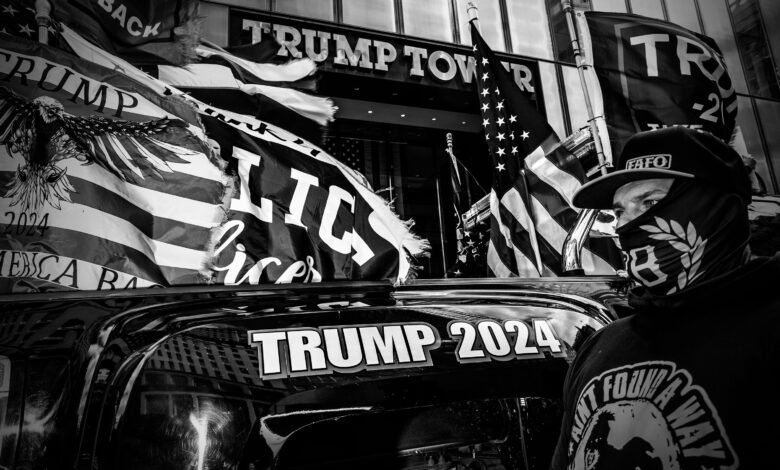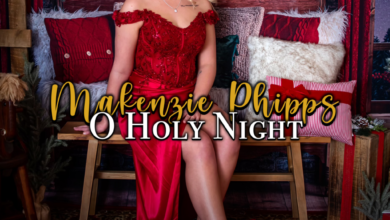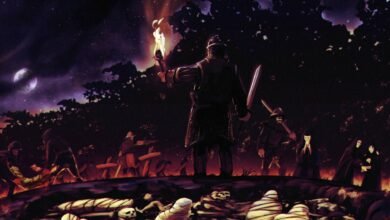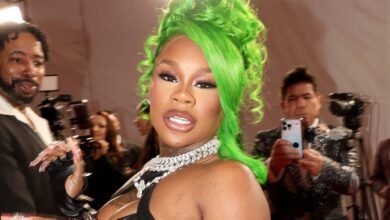Robert Kagan on the Limits of Liberalism and Dangers of Donald Trump

Robert Kagan believes Americans have long indulged in a “pleasing myth”: that all their countrymen “share a commitment to the nation’s founding principles.” But the uncomfortable truth, he argues in his timely and disconcerting new book, Rebellion, is that there has always been a segment of the population hostile to liberal democracy—and no shortage of figureheads to lead a revolt against it.
Kagan—a senior fellow at the Brookings Institution and an editor-at-large for The Washington Post—tracks this anti-liberal streak from the nation’s founding all the way to today’s MAGA movement, and issues a stark warning: Donald Trump, his allies, and his supporters have “made the dissolution of American liberal democracy possible.”
“Whether they succeed or not,” Kagan writes, “will depend on the American people, Democrats and Republicans alike.”
In a conversation with Vanity Fair, which has been edited for clarity and length, the former Reagan State Department staffer discusses the role racism has played in anti-liberal movements; how the GOP coordinates the “in-gathering of all the anti-liberal forces”; and the long-term prospects for democracy in America. “The risks,” he tells me, “are high.”
Vanity Fair: You write, in an early chapter, that “the gap between the old traditions and habits of the colonists and the universalist principles of the [American] Revolution was wide at the time of the founding and would grow wider over the course of the nineteenth century. The new, radically liberal tradition in America would from the beginning be accompanied by an antiliberal tradition every bit as potent.” Can you talk a little bit about those seeds of anti-liberalism at the founding, and how they grew over the first stretch of our history?
Robert Kagan: The most obvious one, of course, was the fact that the republic included slavery, which I think was a practical compromise—not least because many of the founders were themselves slaveholders. So that was an obvious gap, which the founders were very aware of. I think sometimes we forget that they were not unaware of their own hypocrisy in that situation. But at the founding, they understood the system was in violation of the very liberal principles that they were trying to implant—and that the Revolution was supposedly fought for. So you have a huge gap, which is ultimately only resolved by the Civil War. And so one issue was obviously race. But another was religion. Despite many people’s efforts to reinterpret it, the founders were very clear about the separation of church and state. But in many of the states, there were religious tests, still—you had to be a Protestant to run for office. They were explicitly anti-Catholic, and anti-Jewish, and so on. All of which is to say: While they had promulgated these universal principles, which is what the Constitution was designed to protect, many millions of Americans were not really believers in those principles, and were not conducting themselves as if those principles were determinative. Right at the beginning, you have people who are essentially making an ethno-religious definition of what the nation was.
You trace this anti-liberalism through the Civil War and Reconstruction, which I think are periods when we can really see it clearly. But I suspect there’s less popular recognition of the 1920s as a “high-water mark of antiliberalism.” You write that the 1920 election “was more like the 2016 election of Trump than any other American election.” What made that period so powerful for the anti-liberal movement, and how do you see that reverberating now, a century later?
In the same way that we talk about there being a backlash against liberalism or progressivism today, there was a real backlash against general trends that were occurring in the first two decades of the 20th century. During the 1920s, which we think of as being the Jazz Age, there was an enormous explosion of white supremacist attitudes in the country. There was the second Ku Klux Klan, which was much larger and more widely spread and much more legitimately accepted as an institution in 1920s America even than it had been in the post–Civil War period. In addition—and this is something that even I was struck by, because it has been so covered up in our own histories—there was the advent of eugenics as a way of looking at society. It’s amazing how we talk about how we’re upset about identity politics—but the 1920s was identity politics on steroids. It wasn’t just whites and minorities. It was gradations within white. There was a real effort to fix as the essential element of what America was as being that Protestant Anglo-Saxon tradition. And so it seems like a very innocent period, but, in fact, it was very much a victory of anti-liberalism throughout society. Then those forces were undermined by the Depression and World War II, and then we entered this period of pretty consistent liberal dominance, right up until really recently.
Yeah, and that moment in the middle of the 20th century, with the Civil Rights Movement, is this dominant period for liberalism, as you write. But the anti-liberal forces are still at work, in figures like William F. Buckley, Joe McCarthy, the Birchers, George Wallace—what allows that to return and have a resurgence during the Reagan years, toward the end of the 20th century?




